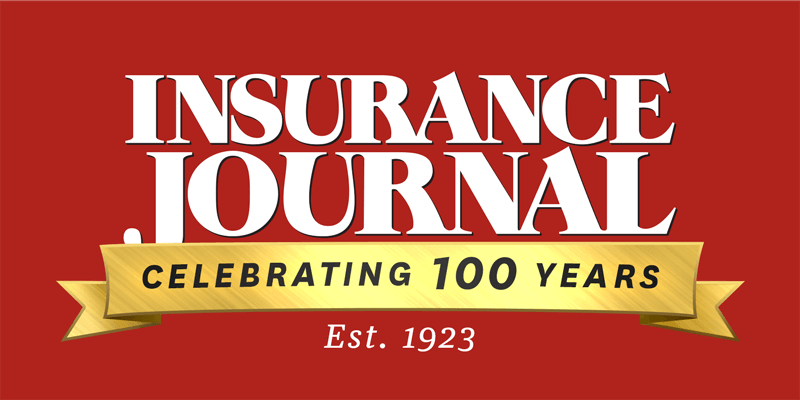This post is part of a series sponsored by Old Republic Surety.
If you’re a baseball-loving independent insurance agent, this two-part story will make you want to add surety to the complement of products you offer your construction company clients. Baseball-related surety projects are among the most fun and satisfying. In this first part, you’ll learn about the development of the baseball stadium and a surety project behind the construction of a stadium in Georgia.
In the second part, to be published next month, you’ll learn how that project ended. You’ll also read about other baseball surety projects and interesting triva about the history of stadiums.
Let’s play ball.
America’s love of baseball is about so much more than the game itself. It’s also about the overall ballpark experience.
From youth Little League fields to Major League Baseball stadiums, communities across the country invest significant resources into creating facilities where people can enjoy America’s pastime.
Building or renovating a local baseball field can be a multi-million-dollar project with much more complicated and nuanced needs than typical property developments. Specialized experience is critical to ensuring these projects are completed on time and within budget.
The Challenge
Being prepared for and able to respond to the different issues that can come up on these projects and navigating all the different players ― no pun intended ― and capital sources involved.
Old Republic Surety’s Approach
Know the project owner and how it’s funded, whether it be through private investment or by a city or county using taxpayer money. Old Republic Surety also looks for general or subcontractors with experience working on these unique projects to ensure successful completion.
The Evolution of the Baseball Stadium
Baseball stadiums have come a long way from the inexpensive wooden structures that were constructed in the early days of the sport.
Today, the size and scope of stadium facilities have expanded. Some involve mixed-use developments, restaurants or additional concession stands, as well as other athletic fields and outdoor activities like batting cages or playgrounds. Some stadiums are designed to also be amphitheaters that can host large events.
Even smaller community ballparks that are far less extravagant than professional baseball fields are major projects with various components to manage.
When a community invests taxpayer money to build, upgrade or enhance its facilities, that investment must be protected, meaning contractors and often subcontractors are required (by law) to secure surety bonds to bid and execute the project. Whether the project has public or private financing, the owner receives the benefits of a surety bond, which guarantees the contractor selected will perform per the specifications and pay all subcontractors and suppliers in a timely manner.
Community-Minded Approach
Old Republic Surety has provided bond coverage to contractors and subcontractors for a number of baseball stadium projects across the country.
From the construction of an entire college stadium in California, to Little League fields in Georgia, to upgraded concession stands at the Milwaukee Brewer’s Miller Park, Old Republic’s approach is to ensure the interests of all the involved parties are protected.
There’s a slew of details and requirements for every stadium project, including the field design, what materials will be used, irrigation systems, other construction materials like masonry block, and signage, to name a few. Working with experienced parties who understand the unique challenges of these projects, and who are prepared to tackle these challenges, is critical.
Old Republic Bond Manager Sean Rummel worked on a $3.1 million bond for the development of a 22-acre raw land site ― which would include the construction of walking paths, multi-purpose fields, event lawn parking lot, restrooms and concession stands ― located in Cherokee County, Georgia, in 2013.
Read more about this and other baseball projects in part 2 of this blog, coming soon.
Was this article valuable?
Here are more articles you may enjoy.


 Missouri’s Cameron Mutual Placed Into Rehabilitation
Missouri’s Cameron Mutual Placed Into Rehabilitation  Political Violence in Polarized US at Its Worst Since 1970s
Political Violence in Polarized US at Its Worst Since 1970s  Wall Street WhatsApp, Texting Fines Exceed $2.5 Billion
Wall Street WhatsApp, Texting Fines Exceed $2.5 Billion  Security First Accountant Charged with Siphoning $1.4M Through Fake Invoices
Security First Accountant Charged with Siphoning $1.4M Through Fake Invoices 


